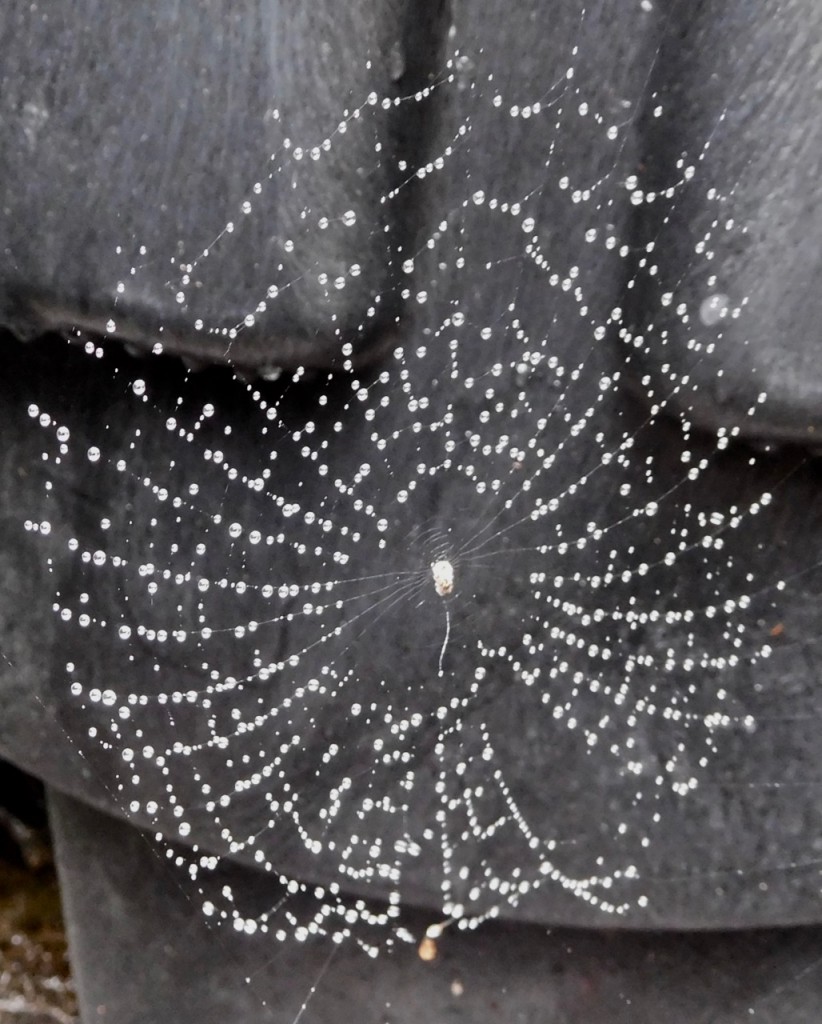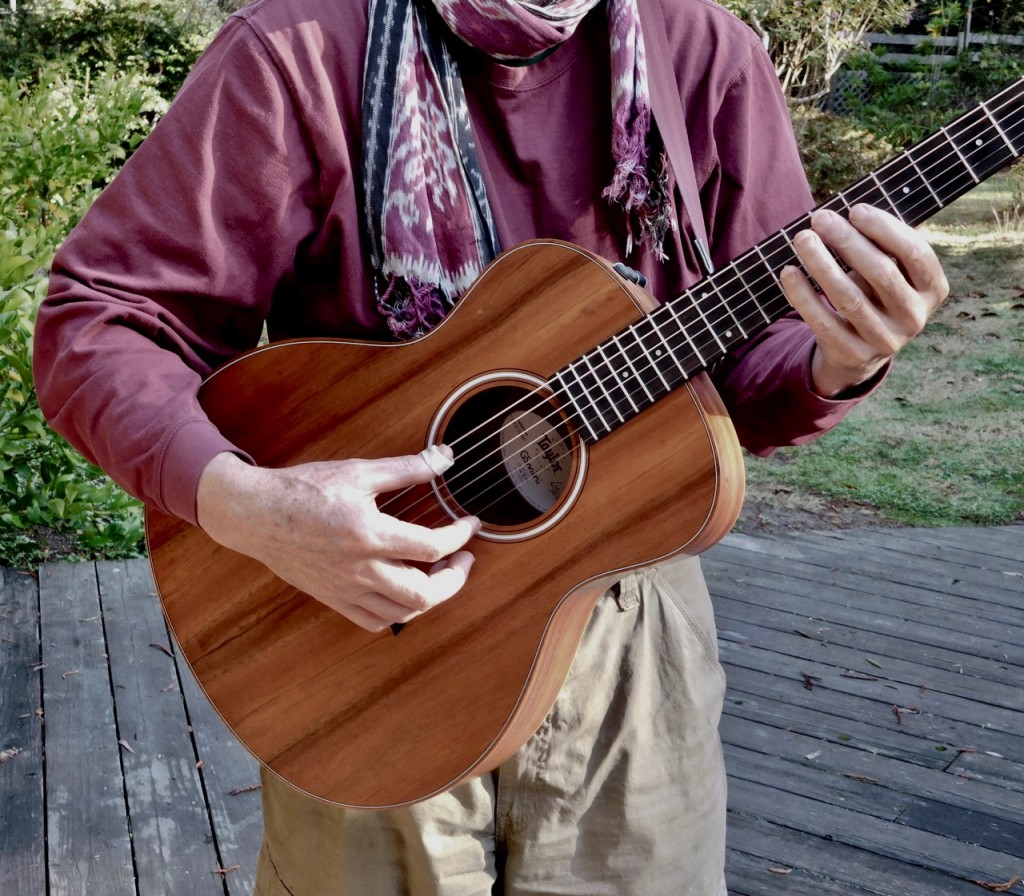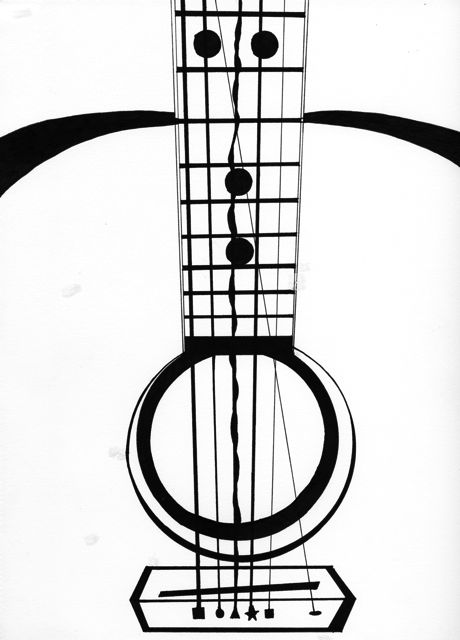
Every so often in his life, Andrew meets a woman he feels he already knows, though he has never met her before. The first time this happened was in 1955 when he was six-years-old, the second time in 1962, the third in 1966, the fourth in 1970, the fifth in 1978, the sixth in 1987, the seventh in 1993, the eighth in 1998.
∆
2002. Andrew and his wife Luisa are both fifty-four and have been married for fifteen years. Successful writers of stories, plays, and screenplays, they live in a beautiful house ten miles north of Vancouver, British Columbia. Their children Owen and Lily are both twenty now. Owen is studying Drama at Julliard and playing clarinet in a modern jazz quintet called Sentimento. Lily is a Psychology major at nearby Simon Fraser University and still lives at home, though her burgeoning career as a movie actress has greatly slowed her academic progress.
Six years ago, a movie based on Andrew’s play Their Summer Holiday, was made by the Danish filmmaker Nicolas Thorsen who became Andrew and Luisa’s good friend. When Luisa’s autobiographical novella Rainy River was published four years ago, Nick bought the movie rights, Andrew and Luisa wrote the screenplay, Nick directed, Lily starred in the role of the young Luisa, and the movie was both a critical and financial success.
Since then, Nick has made two more movies from original screenplays by Andrew and Luisa, Low Overhead and Yum City. Low Overhead is a romantic comedy set in an anarchist bookstore in Toronto and Yum City is a dramedy revolving around the denizens of a Bohemian café in Montreal. Both films did well in Canada and England and Europe, but neither film did much business in America.
Now Andrew and Luisa are back to writing stories and plays and staying out of the limelight, which neither of them cares for. Lily, on the other hand, has had several movie and television roles since starring in Rainy River and is seriously considering moving to Los Angeles. And Owen recently announced he will either stay in Manhattan after he completes his studies at Julliard or move to Berlin with his German girlfriend Sophie who is also studying Drama at Julliard.
∆
On a drizzly September morning a few days after Lily returns from five days in Burbank playing the part of a clairvoyant skateboarder in a television murder mystery, Andrew and Luisa and Lily are having breakfast together and Lily says, “You don’t want me to move to LA, do you Papa?”
“Of course not,” says Andrew, gazing forlornly at her. “I want you and Owen to live nearby for the rest of your lives. But I know that’s unreasonable, so if you want to move to LA, I give you my blessing.”
“It just makes so much sense right now,” says Lily, who has blossomed into a rare beauty, tall and slender with honey brown skin. “I don’t want to live there forever, but with the parts coming so fast now it seems like a smart thing to do.”
“Makes perfect sense,” says Luisa, who left home at sixteen. “And if you want to continue your studies, you can always transfer to a university in Los Angeles.”
“But I don’t want to make you sad, Papa.”
“Life is sad,” says Andrew, remembering how sad his mother was when he was twenty-one and told her he was moving from California to Canada, his mother who died two years ago just a few months after his father died. “I want you to live your life the way you want to. I’ll eventually adjust to you not being here and write you lots of letters.”
“And we can talk on the phone every day,” she says, her eyes full of tears.
“Is this move imminent?” he asks, having imagined her making the transition to Los Angeles over the next year or so.
“Soon,” she says, crying. “Next week.”
∆
Andrew keeps up a brave countenance while Lily packs to go and when Lily’s friend Janelle arrives to drive with her to Los Angeles, but as their car grows small in the distance, Andrew breaks down.
∆
When Andrew’s grieving continues unabated for several days, Luisa suggests he see a psychotherapist, which he does for a few weeks, but he gains no relief. The psychotherapist refers him to a psychiatrist who prescribes an anti-depressant Andrew doesn’t want to take.
∆
Two months pass and Andrew remains deeply depressed. Desperate to help him, Luisa asks Andrew’s best friend Cal to encourage Andrew to give the anti-depressant a try.
Cal comes for a visit, he and Andrew chat for a while, and Cal says, “I think you should talk to our rabbi. I think she could help you. I really do. She’s very insightful, very kind, and I know you’ll like her.”
“Does she see people who aren’t in your shul?” asks Andrew, who is descended from Jews but never practiced the religion.
“I’m sure she’ll be happy to talk with you. Shall I give her a call?”
“Yeah,” says Andrew, wearily. “That would be good. Thank you.”
∆
“Come in, come in,” says Donna, ushering Andrew into the spacious one-room studio adjacent to her house in a neighborhood of newish houses on the northern outskirts of Vancouver. “Sit anywhere you’d like.”
“Cal brought me,” says Andrew, unable to decide where to sit. “I’m not driving right now. Wouldn’t dare.”
“You’re depressed,” she says, taking him by the arm and leading him to the sofa. “Sit down. Or lie down.”
He sits and faces her for the first time.
“Cal said I would like you,” he says, smiling painfully, “but he didn’t tell me you were gorgeous.”
“Stop it,” she says, her eyes widening in delight. “You came to solve your problems, not hit on the rabbi.”
“I wasn’t hitting on you,” he says, laughing for the first time in many months. “I just wasn’t expecting you to be so beautiful.”
“So now we know you like tall middle-aged redheads with big bosoms,” she says, her Los Angeles accent influenced by the Yiddish inflections in her parents’ speech. “I’ve seen pictures of you on your books, so I knew in advance you were handsome.”
“I feel better already,” he says, closing his eyes. “Not really.”
“No, you feel awful,” she says, sitting in a high-backed armchair, her red Hawaiian shirt featuring green and yellow parrots, her skirt long and black, her red hair in a braid. “Old demons have risen up and taken control of you.”
“Old demons?” he says, opening his eyes. “I’m sad about my children moving away, but I don’t think this is anything old. I’ve never been depressed like this before. Well… I had a little breakdown sixteen years ago when my first wife left me, but I wasn’t depressed, I was just very upset.”
“In my experience,” she says, watching him carefully, “a depression as severe as what you’re experiencing is almost always rooted in some old sorrow. Sometimes so old it began before you were born and was passed down to you. Was your mother depressed?”
“She worried a lot,” says Andrew, nodding. “And I guess, yeah, sometimes she was depressed. But who isn’t sometimes depressed? Introduce me, please?”
“I like it when your Jewish self comes through,” she says, smiling.
“Why is that good?” he asks, feeling certain he knows her from somewhere else.
“Because being Jewish is a big part of who you are. And I happen to think the more we inhabit our true self, if there is such a thing, the happier we will be.”
“I think we’ve met before,” he says, frowning. “Did you have a child at the Montessori kindergarten in the old Methodist church in Squamish?”
“I have one child who grew up in Los Angeles,” says Donna, thinking of her daughter, a veterinarian in San Francisco. “And I’ve only been in Vancouver for nine years, so I know we didn’t meet at the Montessori.”
“I’m sure I know you,” he says, wondering if they might have been briefly involved in the days before his first marriage. “I just can’t remember how?”
“You know me and I know you,” she says, after looking at him for a long moment, “because we have what I call a soul bond. I’ve only had a few of these in my life, and I’m just being honest here, but if you weren’t happily married and I wasn’t happily married, we’d probably fall in love and have a relationship. Who knows if it would be any good or how long it would last, but we might have one. However, you are happily married and so am I, so why not use our special connection to get to the bottom of what’s haunting you.”
“Haunting,” he says, relaxing a little for the first time in eons. “And old demons. You think I’m possessed?”
“We’re all possessed by something,” she says, pleased to see him relaxing. “The ideal is to be possessed by thoughts and feelings that make us glad we’re alive, and not by visions of gloom and doom or thinking we’re not good enough.”
“I think I’m good enough,” he says, most definitely not feeling good enough.
“So what’s going on in your life right now?” she asks, handing him a glass of water. “Your children have moved out. What else?”
“Before Lily left we were writing, my wife and I, and enjoying being home and not being so crazy busy making movies and travelling all over the place, just, you know, working. Yeah, things were fine. And then Lily moved to Los Angeles and I just… gave up.”
“Gave up,” says Donna, considering Andrew’s choice of words. “What does that mean to you? Giving up?”
“It means I gave in to my sadness.”
“What else?”
Andrew wants to say stop striving but he’s afraid to say those words out loud.
“There’s not a right or wrong answer,” she says, aware of his reluctance to say what he’s feeling. “We’re just looking for clues.”
“Okay, well, giving up could mean… taking a break from writing. From…” He struggles. “Striving.”
“What do you think you’re striving for?” she asks, noticing how his chest barely moves as he breathes.
“I don’t know,” he says, shrugging. “Happiness?”
“Are you not happy?”
“Not right now,” he says, looking down. “Definitely not now.”
“When was the last time you can remember feeling happy?”
“Long time ago,” he says, his heart aching. “Not that I have any reason to be unhappy except for the kids being so far away.”
“What do you mean by a long time ago? Before you were depressed?”
“Oh long before that.”
“A year ago?”
He reacts as if someone slapped his face.
“What was that?”
“I think I know what this is.”
“Would you like to tell me?”
“I’ve been writing things I don’t want to write,” he says, afraid to look at her.
“Hmm,” she says, considering this. “I think maybe that’s a symptom and not the cause.”
“What do you mean?”
“I mean why have you been writing things you don’t want to write?”
He freezes. “Why do you think?”
“I don’t know,” she says, smiling at him. “That’s something we can delve into next time if you haven’t figured it out by then.”
“I’m better now,” he says, looking around the room as if a blindfold has just been removed from his eyes. “The fog is lifting a little.”
“Good,” she says, getting up from her chair and offering him a hand up. “I have homework for you.”
He takes her hand and she pulls him to his feet.
“What’s my homework?” he asks, the word homework making him laugh. “I really do feel better.”
“Every day until I see you again on Friday, four days from now,” she says, walking him to the door, “I want you to spend at least an hour naked in bed with your wife, not when you go to bed at night, but a separate time during the day.”
“Because?” he says, smiling curiously.
“Because I want you to,” she says, opening the door and stepping out into a light rain with him. “Just be naked with her and see what happens.”
∆
That afternoon, after telling Luisa about his session with Donna, Andrew suggests they take off their clothes and get in bed together, and Luisa is happy to oblige.
After holding each other for several minutes, he kisses her and she returns his kiss and they make love for the first time in many months.
∆
Preparing supper together, Luisa says, “I’d like to go see Donna. If you don’t mind.”
“I’d love you to,” he says, sensing his depression hovering nearby, waiting to take him over again.
∆
The next morning after breakfast, Luisa makes some business calls and Andrew walks the mile to Cal’s house to pose the question: Why have I been writing things I don’t want to write?
Cal, who is usually home on Tuesday mornings, has gone to deal with a crisis at the university where he is a professor, so Andrew chats with Cal’s wife Terry and they commiserate about their children living so far away, Terry and Cal’s daughter living in Hawaii, their son in England.
And while telling Terry about his session with Donna, Andrew asks the question he was going to pose to Cal: Why have I been writing things I don’t want to write?
“Why do we do anything?” says Terry, pressing down the plunger of her French Press. “Why did I become a photographer? Because I fell in love with taking pictures and then figured out a way to make a living from it.”
“But then you gave up photography,” says Andrew, thinking of his guitar and how he hasn’t played in years, though he used to love playing.
“Yeah, because I hated shooting weddings and taking pictures of people I didn’t know.” She serves him a cup of coffee. “I got into photography to take pictures of rivers and clouds and birds and insects and people I loved. And now I don’t even want to take a picture of my grandchild. If I even touch a camera now I feel physically ill.”
“I’m sorry, Terry,” he says, remembering her as a young woman so in love with taking pictures she brought her camera everywhere. “I had no idea.”
“Nothing to be sorry about,” she says, adding cream to her coffee. “I’m just giving you my two bits. Why did you write things you didn’t want to write? Maybe you thought you had to, or you thought you wanted to and then you changed your mind but it was too late, or you needed to prove something, or you wanted to make a ton of money. What difference does it make? To me, the more important question is how do you want to live your life from now on?”
∆
Andrew walks home lost in thought and finds a note from Luisa on the kitchen counter.
I called Donna to make an appointment and she said come right now. See you this afternoon. Me
∆
Waiting for Luisa to get home, Andrew decides to play his guitar, but on his way to get his old Gibson out of the closet he remembers he gave the guitar away to a friend of Lily’s right after the kids graduated from high school.
“Three years ago,” he says, noticing his writing notebook on his desk and wondering what he was working on when he stopped writing months ago.
He opens the notebook and the pages are blank save for a short paragraph on the first page, all the lines of the paragraph crossed out except the last line.
nothing that would do anybody any good
∆
Home from her session with Donna, Luisa comes out on the back deck and looks down at Andrew digging potatoes for supper.
“Nice spuds,” she says dreamily. “Cultivate here often?”
“Hey,” he says, looking up at her. “How did you like Donna?”
“I love her. She’s my favorite person in the whole world now, right after you.”
“Did she give you any homework?”
“Yes,” says Luisa, beckoning him to come inside. “I’m supposed to make sure you do yours.”
∆
Friday morning, feeling well enough to drive, Andrew arrives at Donna’s a few minutes early and finds her picking tiny winter roses in her wildly overgrown garden.
“Good morning Andrew,” she says, smiling as he approaches. “How are you today?”
“Much better,” he says, wondering if she’d like him to tame her wild garden. “How are you?”
“I was so glad to meet Luisa,” she says, leading the way to her studio. “Such a sweetheart.”
“Yes, she is,” says Andrew, noting the crude way someone has hacked a passage through the overgrowth to the studio door. “By the way, I was a professional gardener in my storied youth and I would be happy to get your garden under control if you’d like me to.”
“First things first,” she says, opening the door. “First we get you out of your depression, then we’ll talk about taming my garden.”
Andrew sits cross-legged on the sofa and watches Donna arrange her roses in a green glass vase.
“So…” he says, smiling at her, “how was your week?”
“My week was variable,” she says, sitting in the armchair and crossing her legs. “Monday was good in large part because I got to work with you. Tuesday was a mixed bag, the high point meeting Luisa. Wednesday crises abounded and carried on into Thursday. And so far today things have been mostly quiet and now I’m meeting with you, so there’s at least a chance I won’t flee the country by the end of the day.” She raises an eyebrow. “And you?”
“I did my homework,” he says, his eyes sparkling, “and I pondered the question of why I spent the last few years writing things I didn’t want to write. And as I’m sure you expected, one question begot another and as of this morning the question has evolved into what would I be if I wasn’t a writer?”
“That’s interesting,” she says, not sounding very interested, “but before we think about that one, I’d like to go back to the original question of why you spent three years writing things you didn’t want to write?”
“Oh,” says Andrew, deflated. “Here I thought I was being so clever getting to the bottom of things.”
“No offense, sweetheart, but I think you were avoiding getting to the bottom of things.”
“Yeah,” he says quietly, his limbs growing heavy again. “I guess I was.”
“Which is perfectly understandable because at the bottom of things is the cause of your terror.”
“Terror?” he says, squinting at her.
“Yes,” she says softly. “So first tell me what you wrote that you didn’t want to write.”
“Screenplays,” he says gruffly. “We wasted four years of our lives writing eighteen of those things. Three were made into movies and the other fifteen were crap and I hated writing them.”
“Did you ever not hate writing screenplays?”
“Oh in the beginning I loved it,” he says, remembering the thrill of working with Nick on Rainy River and Low Overhead and Yum City. “But then it was just this horrible grind, this… forced march to get those fucking things done, and I had never forced my writing before. Never.”
“You wrote those screenplays with Luisa.”
“Yes,” says Andrew, reacting to a sharp pain in his neck.
“So if you didn’t want to write those screenplays, why did you?”
“Because I wanted…” He hesitates. “Because we were successful with the first three, we thought…” He hesitates again.
“You started to say ‘Because I wanted’ and then you stopped yourself. What were you going to say?”
“I don’t know,” he mutters, looking away.
“Come on, Andrew,” she says gently. “Why did you keep writing those screenplays when the writing was no longer a spontaneous outpouring?”
“Is that what Luisa told you?” he says, glaring at her.
“No,” says Donna, sensing how frightened he is. “But I’ve read your books and I’ve seen your plays and I’ve watched your movies, and they are all so full of truth and joy, I doubt very much you didn’t want to write them. So I’m guessing it’s the ones that came after those three you didn’t want to write, yet you wrote them anyway because you wanted…”
“A huge success,” he says before the muscles in his throat and chest and stomach and groin tighten violently. “So Luisa would never…” The pain is so intense he cannot speak.
“So Luisa would never what?” shouts Donna. “Say it, Andrew!”
“Leave me,” he cries. “Never leave me.”
And having confessed this to Donna, his terrible pain is washed away by a torrent of tears.
∆
Seven months later, on a balmy evening in August, Andrew and Luisa have Cal and Terry and Donna and Donna’s husband Howard over for supper. They eat on the deck overlooking the garden—a gorgeous mackerel sky presaging rain.
Howard, a short balding man ten years older than Donna, tells the story of going to the airport nine years ago to pick up Donna, who was one of three finalists to replace Rabbi Mordecai Silverstein, the shul in danger of dissolution, only a few dozen diehards keeping the little ship afloat.
“By the time we got to her hotel,” says Howard, his accent distinctly Toronto Jewish, “I wanted to marry her. Not only is she beautiful, she’s funny. Instinctively funny. Have you noticed?”
“Were you similarly smitten?” asks Cal, who idolizes Donna and can’t imagine what she sees in Howard.
“I was too preoccupied with my interview that afternoon and my trial Torah reading the next day to fully appreciate Howard’s magnificence at our first meeting,” says Donna, smiling sweetly at her husband. “But I liked your car.”
Everyone laughs and Howard says, “This is what I’m talking about.”
“It’s her timing,” says Luisa, clinking her glass with Donna’s. “You have impeccable timing.”
“Leaven the bitter truth with humor,” says Donna, sipping her wine. “Else we will only know the bitterness.”
“That’s true,” says Howard, looking at Luisa. “So how did you two meet?”
“We each had a four-year old going to the Montessori kindergarten in the old Methodist church not far from here,” says Luisa, taking Andrew’s hand. “And after my daughter bothered me night and day to make a play date with Andrew’s son, I finally did, and Andrew and I fell in love. Then he divorced his wife and we got married.”
“You make it sound so simple,” says Andrew, recalling the terrible shock of his first wife leaving him, his nervous breakdown, his parents coming from California to save him, Luisa there to meet him when he emerged from his desolation.
“And how about you two?” asks Howard, looking at Cal and Terry.
“Terry and I met a couple days after Andrew and I got here from California in 1968,” says Cal, putting his arm around Terry. “Thirty-four years ago. I was dodging the draft and Andrew drove me up here, and one night we went to hear some music and Terry was sitting at the table next to ours. She and I got talking and we’ve been together ever since.”
“But we didn’t sleep together until the third date,” says Terry, kissing Cal. “He was shy.”
“Fantastic,” says Howard, shaking his head. “Isn’t it amazing how people find each other? It seems so random, but I don’t think it is.”
“What do you think it is if not random?” asks Cal, who is a professor of Philosophy and thinks about this sort of thing all the time.
“I have no idea,” says Howard, shrugging. “But it can’t be random or Donna would never have given me the time of day. Look at her. She’s beautiful and brilliant and funny and a rabbi, no less, while I’m a schlemiel on my good days.”
“Howie?” says Donna, raising her eyebrow. “Who put himself through college and optometry school? And who is one of the most sought after optometrists in Vancouver? And who held the shul together until I got here and we turned things around? You. Schlemiels can’t to that.”
“You’re right,” he says, shrugging again. “But I still don’t think it’s random.”
“Do you think it’s random, Donna?” asks Andrew, who also wonders what she sees in Howard. “How we meet our partners?”
“I don’t think it matters if it’s random or not random,” she says, looking up at the white clouds turning gray. “I think what matters is we are made of love, and the more we inhabit that truth, the more fulfilled we will be.”
∆
When darkness falls, they move into the living room and Andrew lights the fire. Luisa serves pumpkin pie and decaf, and Cal and Terry request that Andrew read one of his stories.
“I will,” says Andrew, fetching his new guitar from its stand by the piano, “but first Luisa and I are going to sing a song for you, the world premiere.”
Now Andrew plays a sweet run of chords and Luisa sings the first verse of their new song—these last six months given to making music and gardening and walking on the beach and traveling to visit their children, neither of them writing unless the spirit moves them, both as happy as they have ever been—Andrew joining her on the chorus, their voices made for each other.









